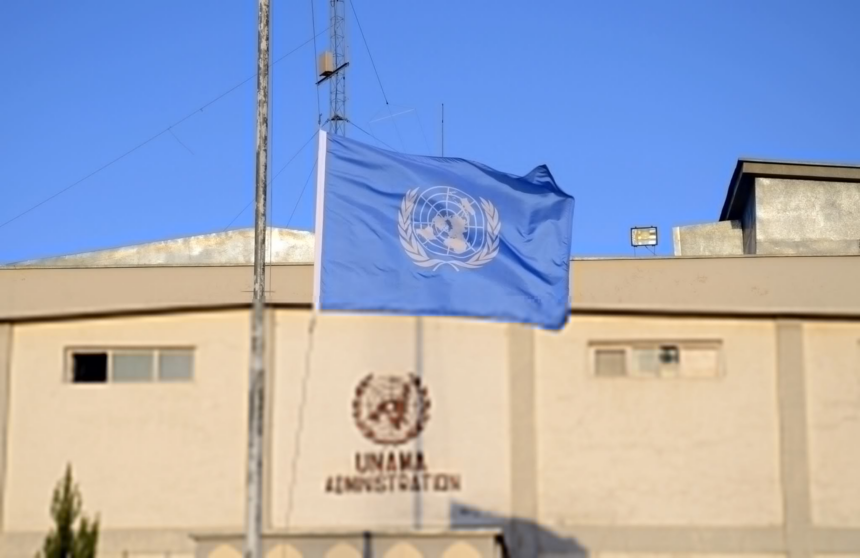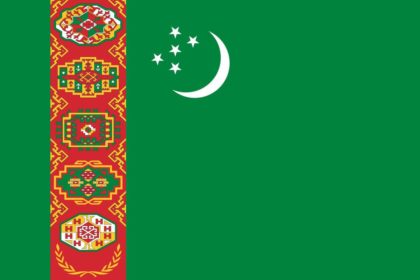RASC News Agency: The United Nations Assistance Mission in Afghanistan (UNAMA) is engaged in broad-based consultations with all relevant actors inside the country including the Taliban as it advances a new diplomatic framework known as the Mosaic Plan. According to Stephan Smith, UNAMA’s spokesperson in Kabul, the initiative represents a provisional roadmap for structured and inclusive engagement with Afghanistan and is currently undergoing its initial consultative phase. The UN has emphasized that its engagement with the Taliban should not be misconstrued as political recognition. UNAMA clarified that any decision on formal recognition lies exclusively within the sovereign prerogative of UN member states, not the UN Secretariat or its field missions.
The Mosaic Plan seeks to establish a coordinated and multilateral mechanism for engagement that prioritizes the well-being of the Afghanistani people. This framework, according to UNAMA, is aligned with the mission’s mandate and adheres to UN Security Council resolutions, including Resolution 2721. Spokesperson Smith explained that the proposal has emerged from extensive consultations with both national and international stakeholders. Its conceptual basis draws heavily from the recommendations of Feridun Sinirlioglu, the former UN Special Coordinator for Afghanistan, whose independent assessment envisioned a future in which Afghanistan coexists peacefully with its neighbors, honors international commitments, and transitions away from the cycle of violence and ideological authoritarianism.
Sources familiar with the ongoing talks have revealed that the international community has presented three primary demands to the Taliban: the formation of an inclusive government, adherence to fundamental human rights, and demonstrable efforts to combat transnational terrorist groups. In response, the Taliban have reportedly demanded the unconditional lifting of sanctions, official diplomatic recognition, and access to Afghanistan’s frozen financial assets. Nonetheless, skepticism lingers among observers regarding the operational continuity between the Mosaic Plan and the Sinirlioglu report, with some questioning the viability and sincerity of the Taliban’s engagement under this framework.
According to UNAMA, the initiative is structured around two central pillars: the establishment of technical working groups in areas such as counter-narcotics and private sector revitalization as confidence-building measures, and the development of formal mechanisms aimed at addressing the broader geopolitical and diplomatic challenges of reintegrating Afghanistan into the global order. While UNAMA claims that civil society voices have been consulted, the specifics remain opaque. The mission has made only general references to interactions with local leaders, women, youth, and members of the Afghanistani diaspora. This lack of clarity raises important questions regarding the inclusivity, representation, and authenticity of the consultations.
Ultimately, despite the UN’s efforts to present the Mosaic Plan as a holistic and forward-looking framework, significant doubts remain. Chief among them is whether the process genuinely reflects the aspirations of the Afghanistani people or whether it risks legitimizing a regime that continues to systematically dismantle civil liberties, suppress dissent, and erase the presence of women and minorities from public life.






